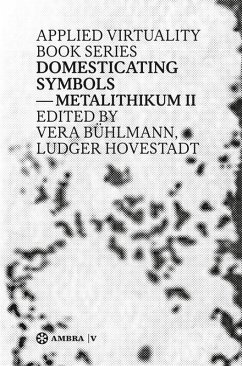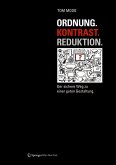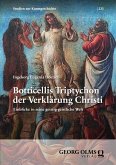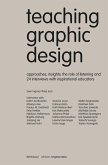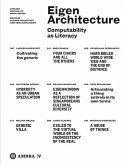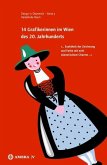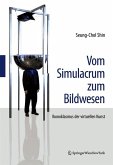domesticating symbols looks at the entropic dissolution of symbolic structures we are experiencing today and explores various approaches towards learning to create code. Photovoltaics and its capacity to capture energy by coding instead of exploitation of resources, and of integrating in additional or surplus quantities of energy into the ecosphere of the planet's natural balance is the central focus of this publication. Energythereby also encompasses the genuinely abstract format of electricity, which makes it possible to convert any form of energy into any other form. This is the second volume of the Applied Virtuality book series based on the Metalithicum Conferences by the Laboratory of Applied Virtuality at the Chair for Computer Aided Architectural Design, Swiss Federal Institute of Technology (ETH) Zurich.
Dieser Download kann aus rechtlichen Gründen nur mit Rechnungsadresse in A, B, BG, CY, CZ, D, DK, EW, E, FIN, F, GR, HR, H, IRL, I, LT, L, LR, M, NL, PL, P, R, S, SLO, SK ausgeliefert werden.

